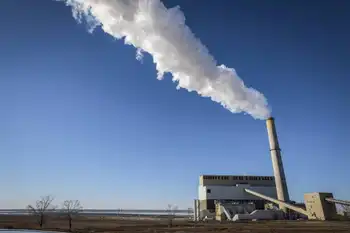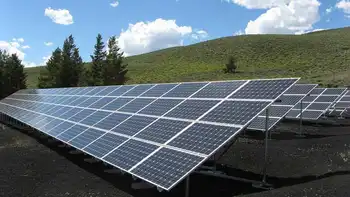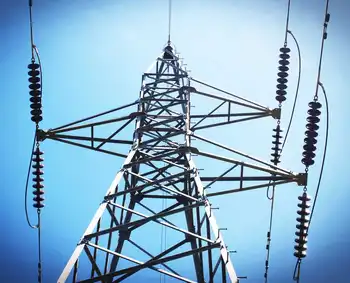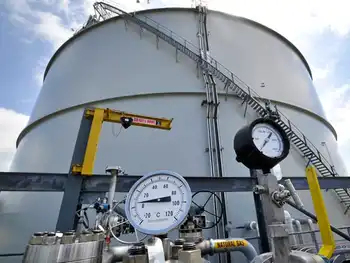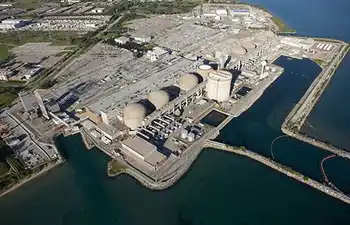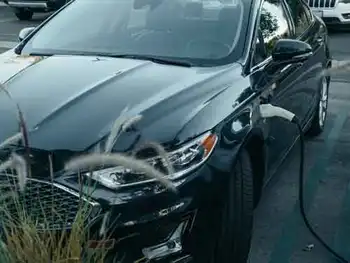Avista to trade carbon credits for cash
By Knight Ridder Tribune
High Voltage Maintenance Training Online
Our customized live online or in‑person group training can be delivered to your staff at your location.

- Live Online
- 12 hours Instructor-led
- Group Training Available
The exchange is based on trading what are called carbon credits, a free-market attempt that financially rewards businesses for cutting greenhouse gas emissions responsible for global warming. To participate, Avista's emissions will be audited and the company assigned a number.
If Avista's current emissions meet a target number below a baseline average taken from the years 1998 and 2001, the company can sell its surplus as carbon credits on the exchange, much like stocks are sold on Wall Street. Buyers would be companies that exceed pollution limits. John Lyons, an Avista power supply analyst and adjunct economics professor at Gonzaga University, will spearhead the utility's efforts.
Since Avista's emissions already are regulated by the U.S. Environmental Protection Agency, Lyons anticipates a smooth audit process and surplus credits. The result, he said, should net Avista money. The money would likely be spent to curb emissions and on conservation efforts. Buyers of carbon credits include the U.S. Capitol, which recently spent $89,000 to offset the pollution sent into the atmosphere from its coal-burning power plant.
Richard Sandor founded the Chicago Climate Exchange, or CCX, in 2003. Time Magazine hailed him last month as one of 43 "heroes of the environment." Called the "father of carbon trading," Sandor shared the accolades with former vice president and Nobel Prize winner Al Gore, former Soviet Union leader Mikhail Gorbachev and others.
The CCX is attracting new members and includes many large manufacturers, chemical companies, utilities and governments. Among them: Ford Motor Co. and Rolls-Royce, Dow Corning and DuPont, Eastman Kodak Co., Motorola and Sony, Intel, IBM, Bank of America Corp., Puget Sound Energy, King County, the city of Portland, and University of Idaho. Federal lawmakers are expected to force U.S. companies to cut carbon dioxide and other gases, or, perhaps, buy so-called pollution credits, which are traded like stocks.
"We see emissions legislation coming down the pike," Lyons said. "What this does is gives us real experience."
Avista bills itself as one of the lowest emitters of greenhouse gases in the country among electric utilities, largely because much of its power is generated by dams.
The company does own a piece of a coal-burning power plant in Colstrip, Mont., that provides a steady, cheap and uninterrupted supply of electricity for its customers in North Idaho and Eastern Washington.
Critics have warned that carbon trading is not enough to solve the threat posed by climate change. Some are pushing for a federal carbon tax to speed changes by big polluters. Credits to offset the emissions of six greenhouse gases are traded on the exchange, Lyons said.
Avista expects to sell carbon dioxide credits. The price of the credits is driven by general economics, Lyons said, including market speculators.





